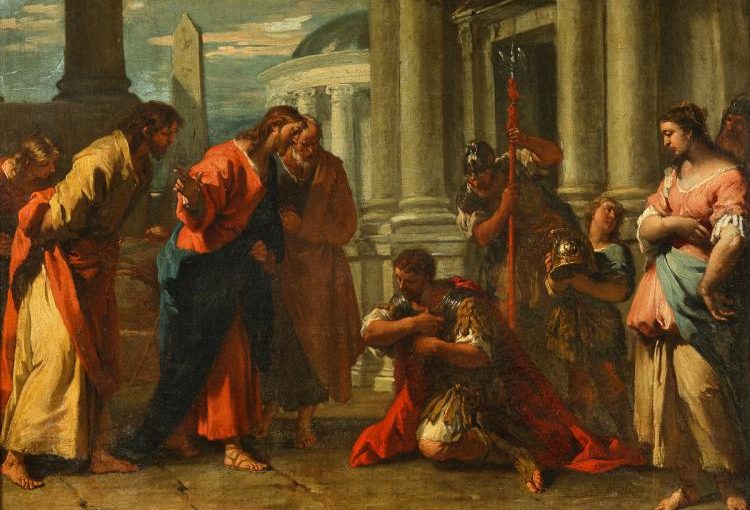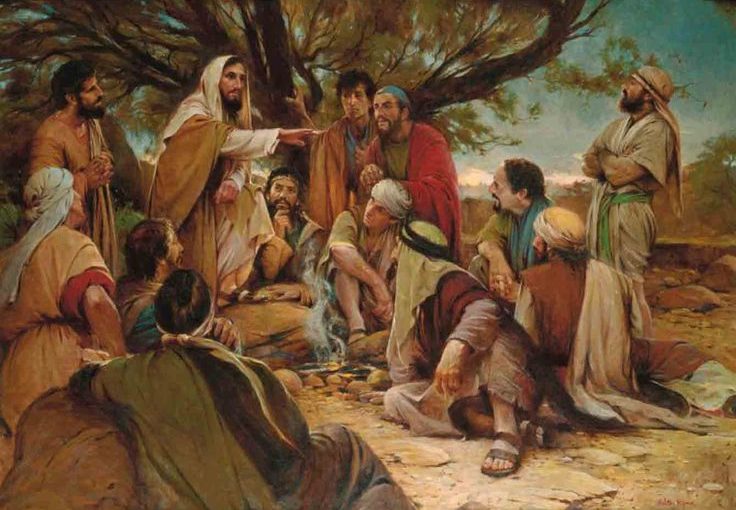I am a reader. Those who know me will probably smile when they read those words. In my free time, I am rarely without a book in my hand. When I was younger, I read mostly fiction – especially the Nancy Drew and Trixie Belden series. My favorite author, though, was Louisa May Alcott. I read and re-read every book she ever wrote because I loved how she created a story. Even though her books were fiction, I felt as though I were reading a true story – her plot and details were that believable. And I always learned something from her books.
Jesus is the master story-teller. Over and over in the New Testament, we read of our Savior using a story to make a point or to teach a lesson. In doing so, He teaches about complex topics like faith and grace and salvation. We see this over and over in Luke 13, our chapter for today.
Jesus uses the parable of a barren fig tree to teach about how to live a Godly life (Luke 13:6 – 9). He compares the kingdom of God to both a mustard seed and to leaven used in baking bread (Luke 13:18 – 21) He uses the idea of a narrow door to represent the fact that “no one comes to the Father except through me” (Luke 13:24 – 30; John 14:6). The people to whom He was talking would have had as difficult a time as we do now understanding concepts like the kingdom of God, faith, and salvation. Fig trees, mustard seeds, leaven and doors, though? They understood those. They were familiar with these objects, because they used them in their daily lives. By using stories, Jesus made complex topics more easily understood.
As Jesus ends this time of teaching, He laments over the lost in Jerusalem, saying, “O Jerusalem, Jerusalem, you who kill the prophets and stone those sent to you, how often I have longed to gather your children together, as a hen gathers her chicks under her wings, but you were not willing!” (Luke 13:34). As I finish writing this devotion, it is Monday morning, and our country is waking to the news of the massacre in Las Vegas. Jesus’ poignant cries over Jerusalem remind me that my Savior also weeps today, along with those who grieve.








